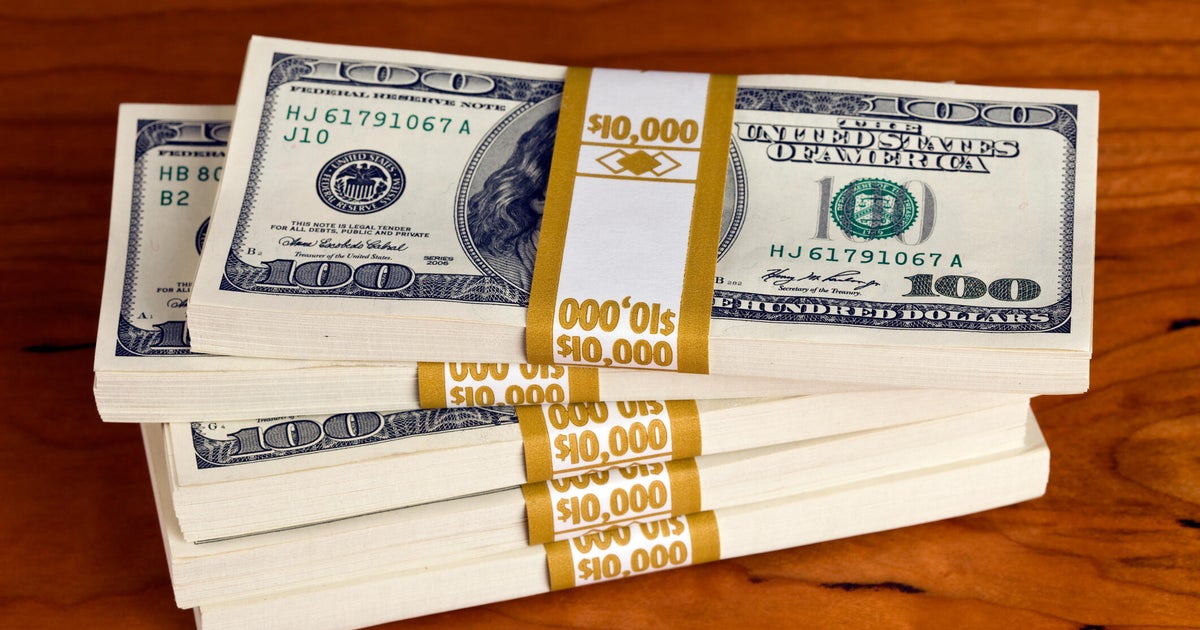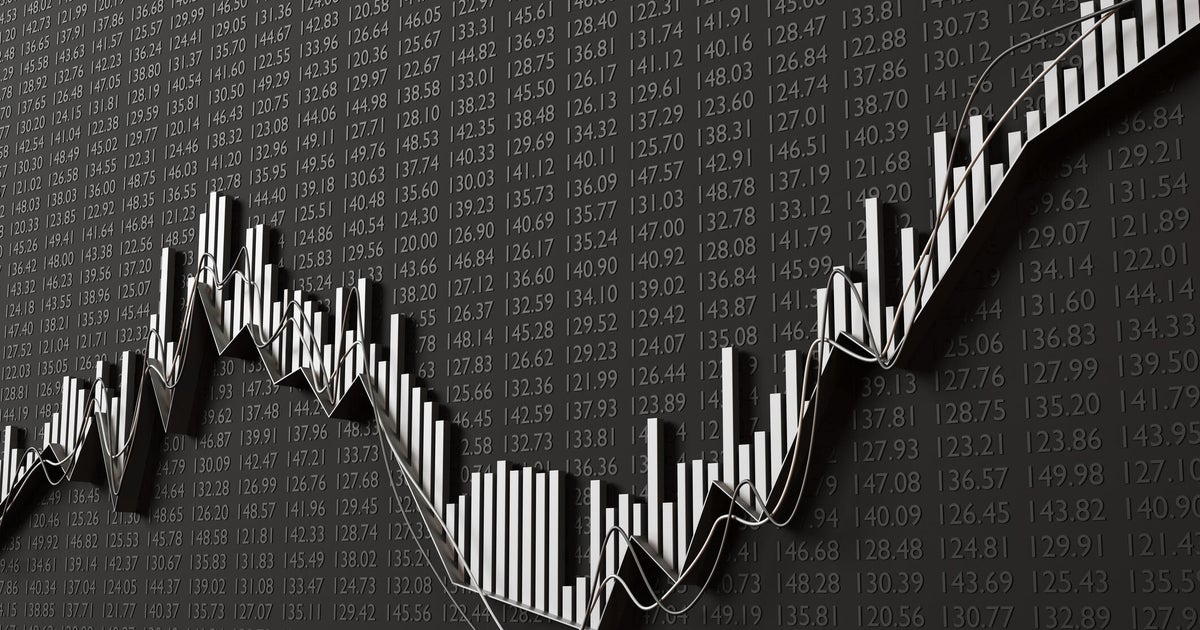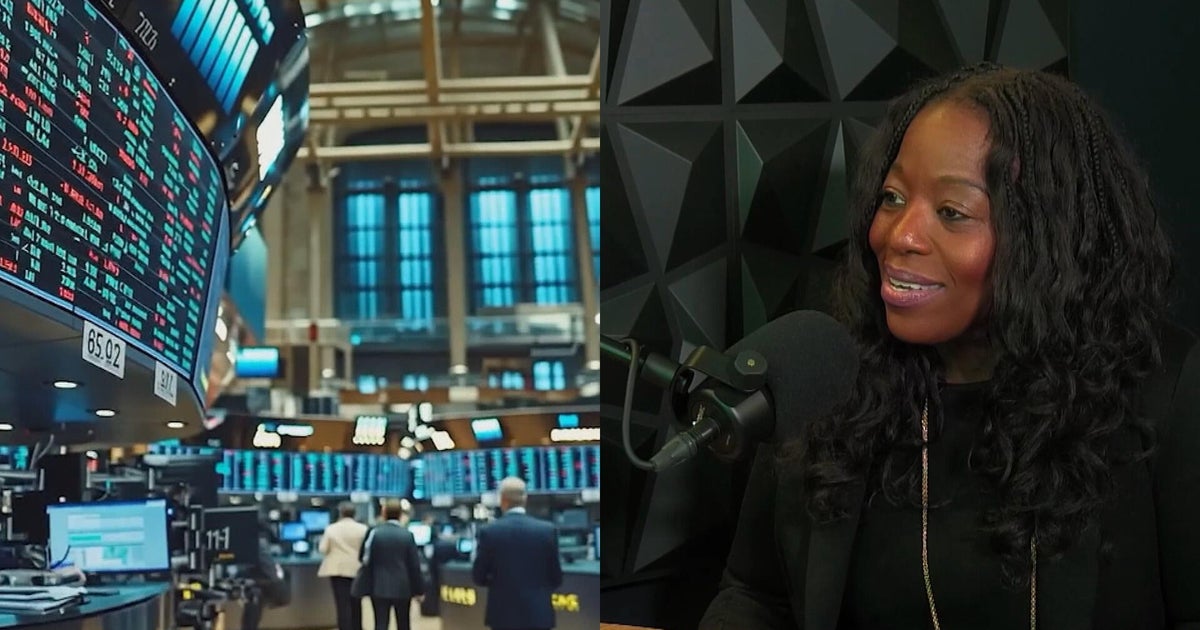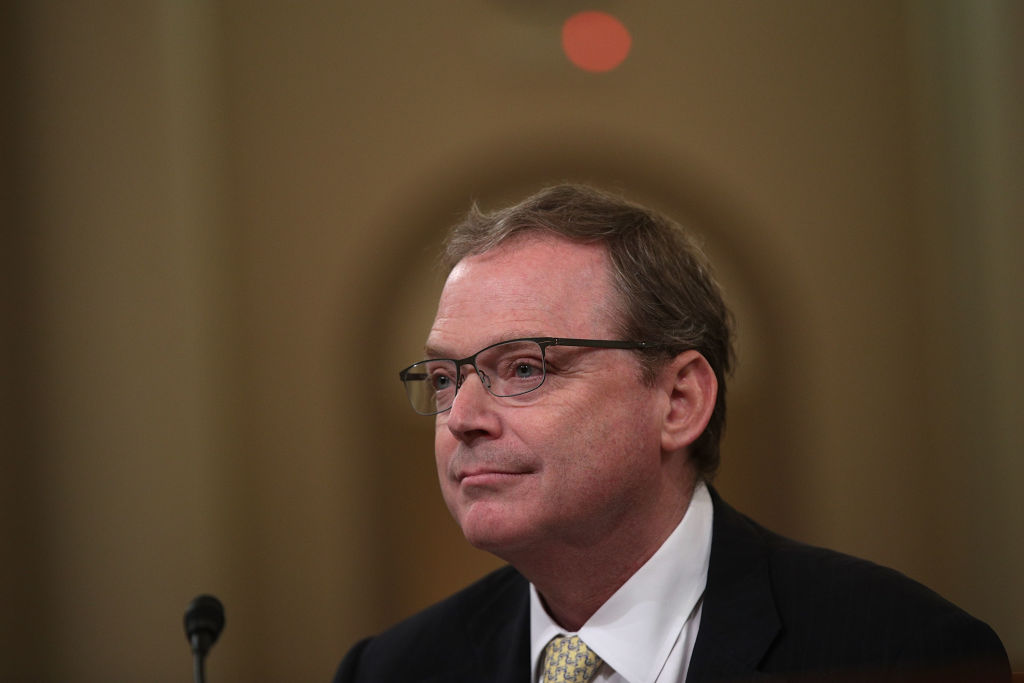Stocks soar on latest signs that inflation is slowing
Stocks on Wall Street jumped Tuesday after the government released its consumer prices report showing that inflation last month was at its slowest level of 2022.
The Dow was up 104 points, or 0.2%, closing at 34,109, after soaring 1.6% at the open. The S&P 500 rose 29 points, or 0.7%, closing at 4,020, while the tech-heavy Nasdaq gained 1%.
The government said Tuesday that consumer prices rose 7.1% in November from a year ago, down from 7.7% in October and a recent peak of 9.1% in June. It was the fifth straight slowdown and investors cheered the news, immediately sending markets sharply higher before the open just as the Federal Reserve get ready to hold their last policy meeting of 2022.
"Santa is coming after all. Given the better-than-expected inflation data this morning, with the year-over-year number coming in lower than expected and the month-over-month number slowing considerably, markets have a green light to rally into year end," Chris Zaccarelli, Chief Investment Officer for Independent Advisor Alliance, said in an email.
Even though inflation remains painfully high, and shoppers continue to pay prices well above levels from a year ago, Tuesday's report offers hope that the worst of inflation really did pass during the summer.
The yield on the 10-year Treasury, which helps set rates for mortgages and other important loans, fell to 3.46% from 3.62% late Monday. The two-year yield, which more closely tracks expectations for the Fed, plunged to 4.17% from 4.39%.
Moderna's stock soared Tuesday, rising 23% after the COVID-19 vaccine maker detailed progress in developing a preventive shot for a deadly form of skin cancer.
Markets have struggled this year thanks to high inflation and the interest rate hikes engineered to combat it. Higher rates slow business activity by design but also risk causing a recession if they go too high, all while dragging down prices of investments.
Policymakers at the Federal Reserve begin a meeting Tuesday. When it wraps up Wednesday, investors expect the central bank to announce its last interest-rate hike of the year. Wall Street expects a half-point hike by the Fed, less than the three-quarters of a point the Fed has issued at its last four meetings.
Each of those was triple the Fed's usual move, and they lifted the central bank's key overnight rate to a range of 3.75% to 4%. It started the year at virtually zero.
Economists at Goldman Sachs expect Fed policy makers on Wednesday to signal their median expectation is for rates eventually to hit a range of 5% to 5.25%.
Even if inflation is waning, the global economy still faces threats from the rate increases already pushed through. The housing industry and other businesses that rely on low interest rates have shown particular weakness, and worries are rising about the strength of corporate profits broadly.
Besides raising short-term rates, the Fed is also making other moves with its vast trove of bond investments that should effectively allow longer-term yields to rise.
Other central banks around the world, including the European Central Bank, are also likely to raise their own rates by half a percentage point this week.
The yield on the 10-year Treasury, which helps set rates for mortgages and other loans, slipped to 3.48%. The two-year yield, which tends to more closely track expectations for the Fed, slid to 4.2% from 4.34%.
U.S. benchmark crude added $1.36 to $74.53 per barrel in electronic trading on the New York Mercantile Exchange. Brent crude, the basis for pricing for international trading, picked up $1.52to $79.51 per barrel.
Last week, crude prices scraped their lowest levels of the year on worries about a weakening global economy, which would mean less demand for energy.



